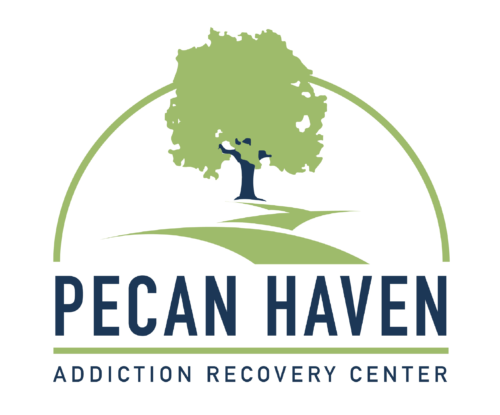The journey of overcoming addiction involves a complex process of rewiring the brain in order to address the neurological impact of substance abuse. Addiction has major effects on the brain, but healing is possible.
How does substance abuse affect the brain?
Substance abuse has profound effects on the brain, altering its chemical structure and function.
Neurologically, addictive substances often target the brain’s reward system, flooding it with neurotransmitters like dopamine. Over time, this leads to desensitization, requiring increased substance intake to achieve the same pleasurable effects.
These changes disrupt normal brain function, contributing to the compulsive and uncontrollable nature of addiction.
Can the brain heal from the effects of addiction?
The human brain possesses remarkable plasticity– in other words, it’s very much able to adapt and change. While addiction-induced changes in the brain can be severe, it is possible for the brain to heal from addiction.
This healing process, however, is gradual, and requires time, commitment, and the implementation of effective strategies.
What can I do to help with the healing process from addiction?
Abstinence
Completely ceasing substance abuse is a foundational step in kick-starting your brain’s healing process. Abstinence allows the brain to stabilize and gradually reverse the neurobiological changes induced by addiction.
Therapy and counseling
Behavioral therapy, counseling, and support groups– like twelve-step groups– can be a big help in rewiring the brain from addiction. They address the psychological aspects of addiction, which helps individuals to develop coping mechanisms, modify their behaviors, and build resilience.
Healthy lifestyle choices
Adopting a healthy lifestyle that includes regular exercise, proper nutrition, and lots of sleep, contributes to overall wellbeing and greatly helps to support the brain’s recovery. These practices all enhance neuroplasticity, promoting positive changes in brain structure and function.
Medication-assisted treatment (MAT)
In certain cases, some medications may be prescribed to assist in the recovery process. MAT can help manage withdrawal symptoms, reduce cravings, and support individuals in maintaining abstinence.
What can slow down the process of rewiring the brain from addiction?
Duration and severity of addiction
The longer and more severe the addiction, the greater its impact on the brain. Prolonged substance abuse most likely means a more extended recovery period– but regardless of how long it takes, it’s still very much possible!
Co-occurring mental health disorders
Concurrent mental health disorders can complicate the recovery process, and may require comprehensive treatment in order to address both addiction and underlying mental health issues.
Relapse
Relapse is a very common part of the recovery journey and is not indicative of failure. However, relapse can slow down the process of rewiring the brain from addiction. Learning from relapses, and implementing adjustments in your treatment plan, is necessary for ongoing progress.
Lack of support system
Lacking a supportive environment, plus community and family support, can greatly impede recovery. A good support system helps to keep you motivated and resilient during the challenging process of rewiring the brain after addiction.
Are residential treatment programs effective for addiction?
Residential treatment programs provide a structured, immersive environment conducive to recovery. These programs offer a range of therapeutic interventions, counseling, and support services. They work to create an atmosphere where individuals can focus on their healing without the distractions and triggers that daily life often has to offer.
If you’re struggling with addiction or substance abuse and are ready to seek professional help, please give us a call today or fill out our online assessment to get started. Things only get better from here.
